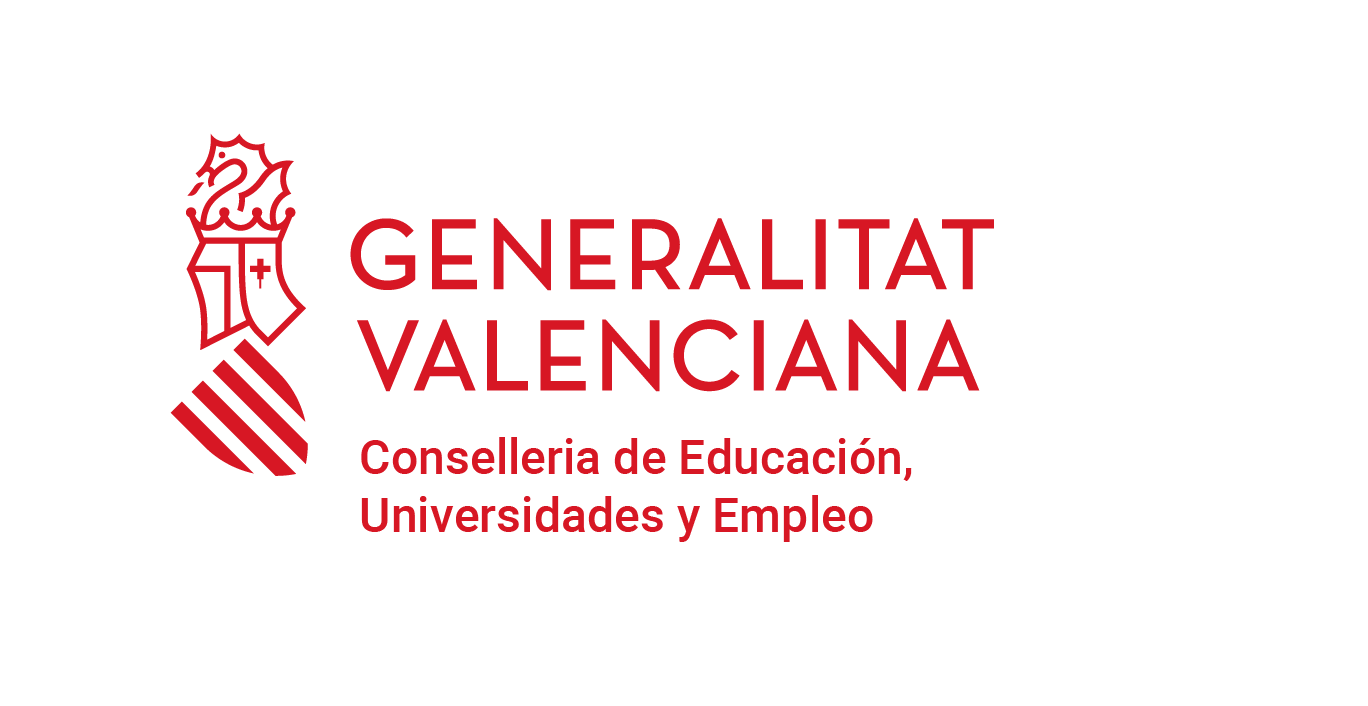In the first one, each participant was asked what minimum mean increase in survival would justify including a new hypothetical cancer treatment in the Spanish health system if they considered that the new drug involved a cost difference of 50,000 euros compared to the reference treatment. The results revealed that the suggested limits in all cases were over those normally used as a reference. Oncologists and patients were the groups willing to pay more for any innovation achieved (106,000 euros/QALY (QALY = quality-adjusted life years) and 73,520 euros/QALY, respectively).
In the second scenario, the subjects included in the study had to indicate how much they would be willing to pay for a new treatment that would offer improved quality of life, but no advantage in survival terms. In this case, patients and the general population gave higher values (83,000 euros/QALY and 76,000 euros/QAL, respectively). The fact that patients were willing to pay a larger amount to gain quality of life compared to survival stands out.
Luis Lizán, Director of Outcomes'10, stated that "all the groups were willing to pay more for improvements in cancer treatments compared to what the values currently employed in our area indicate. Therefore, it should be taken into account that the decisions made now based on conventionally accepted limits may not reflect society’s willingness to pay for certain health gains".




